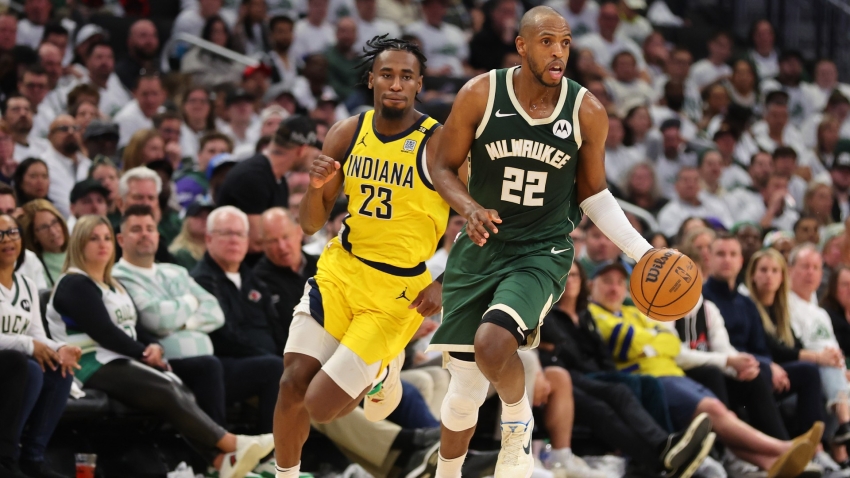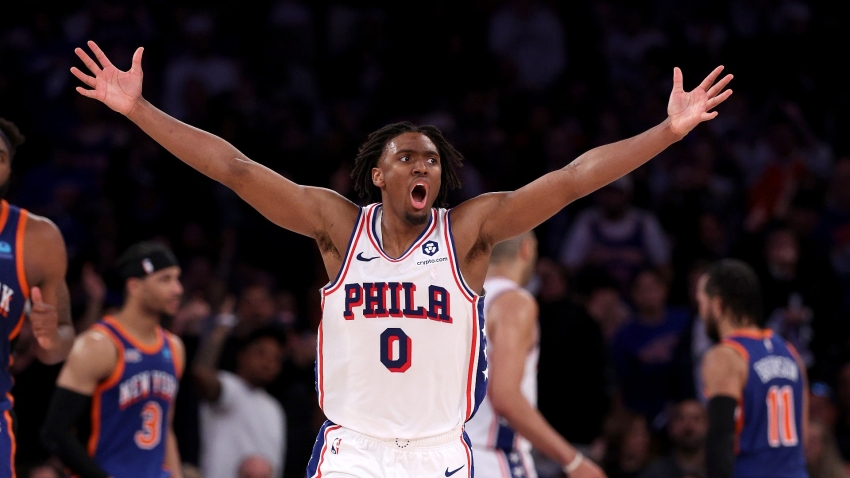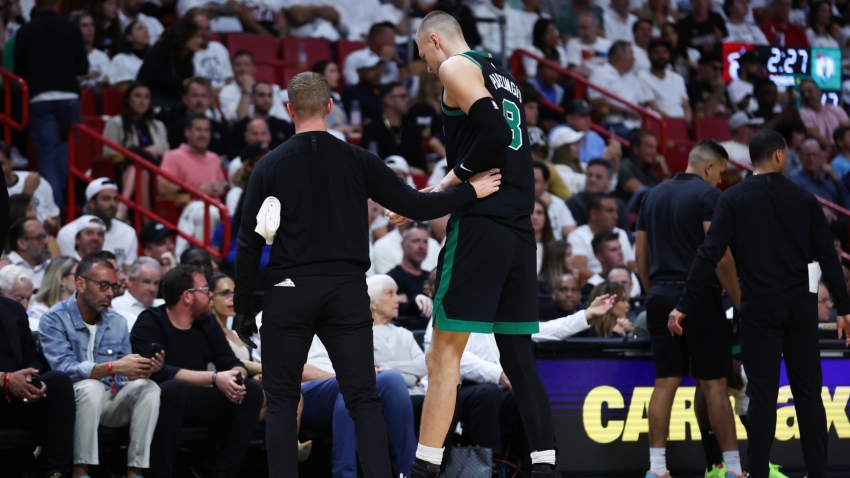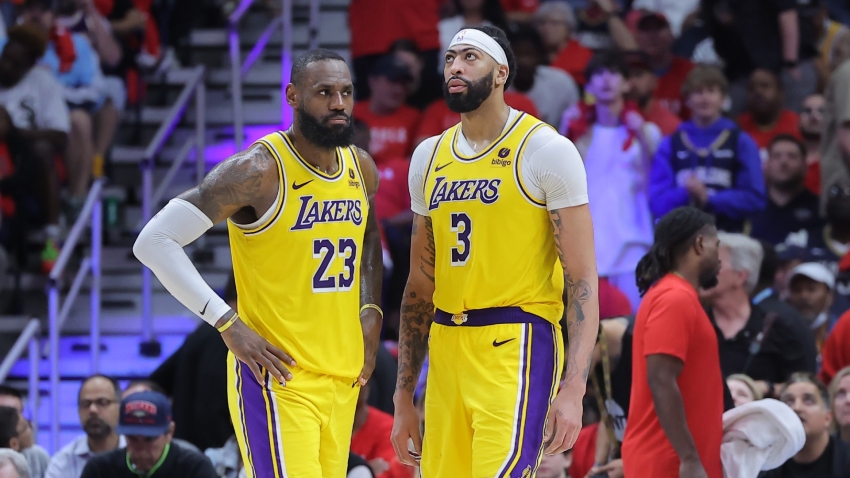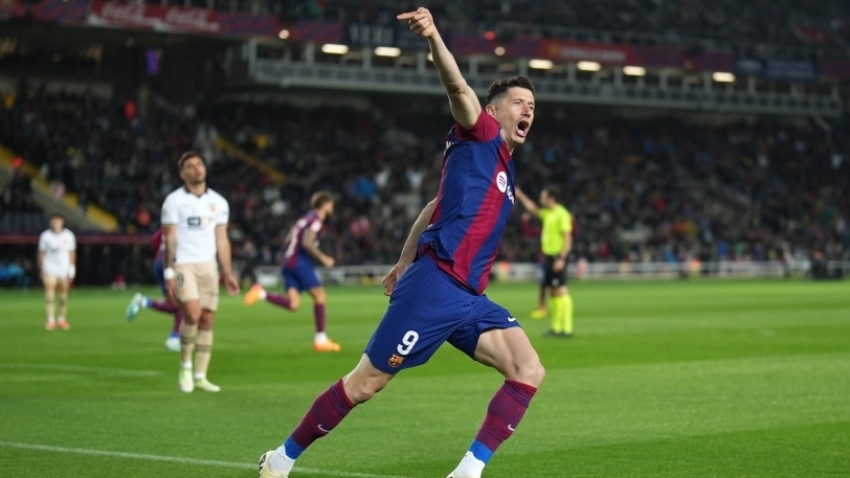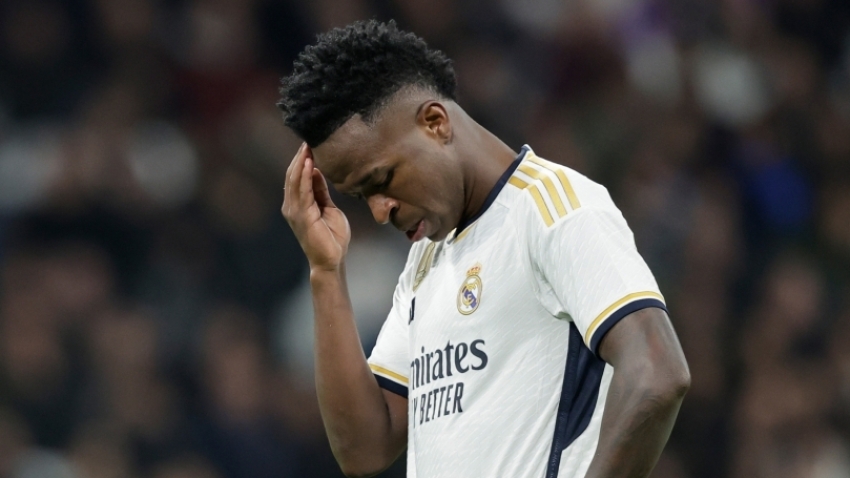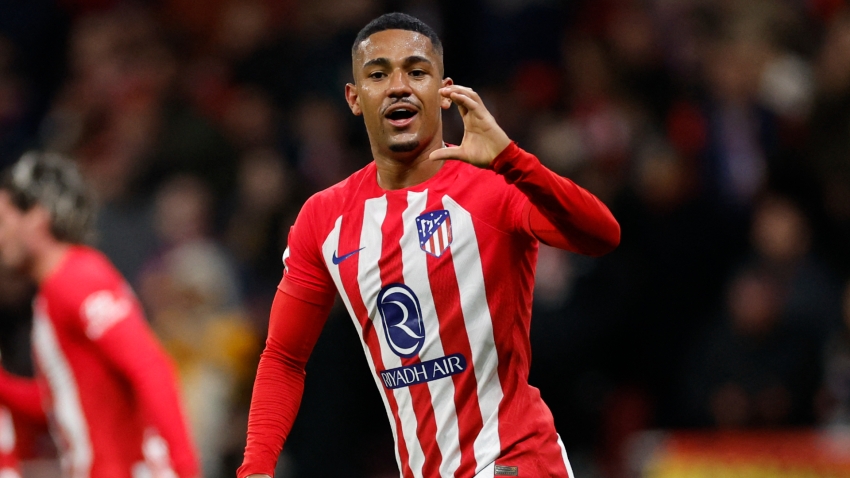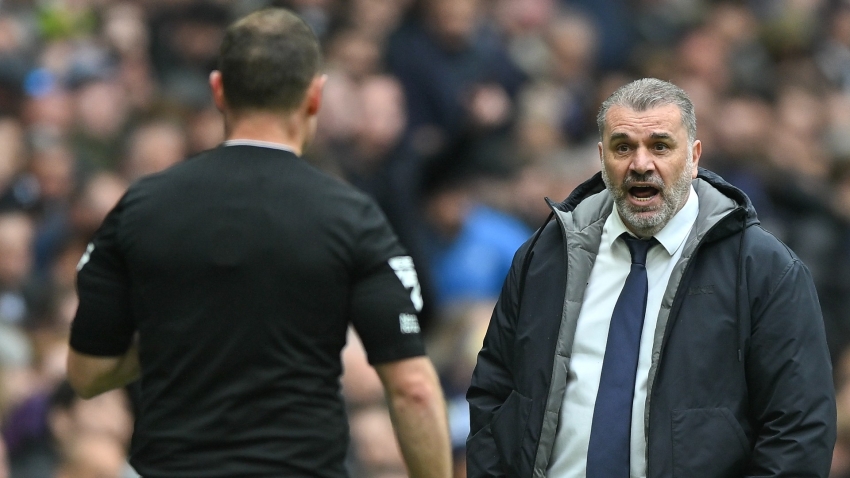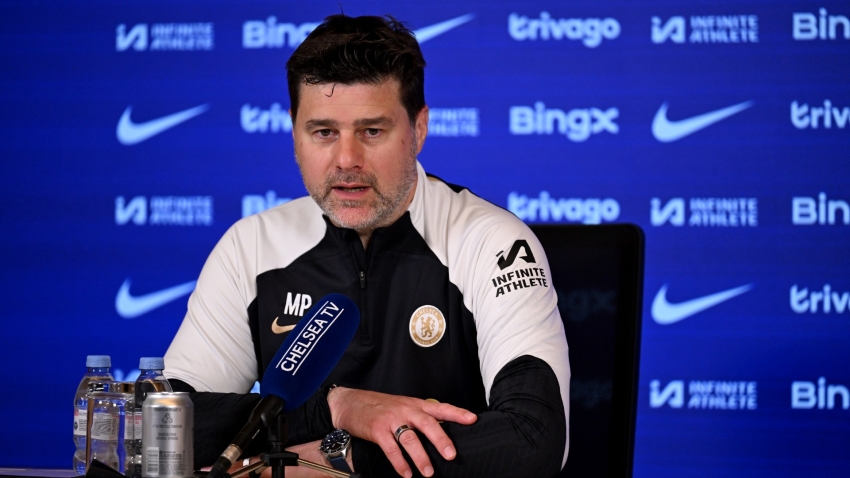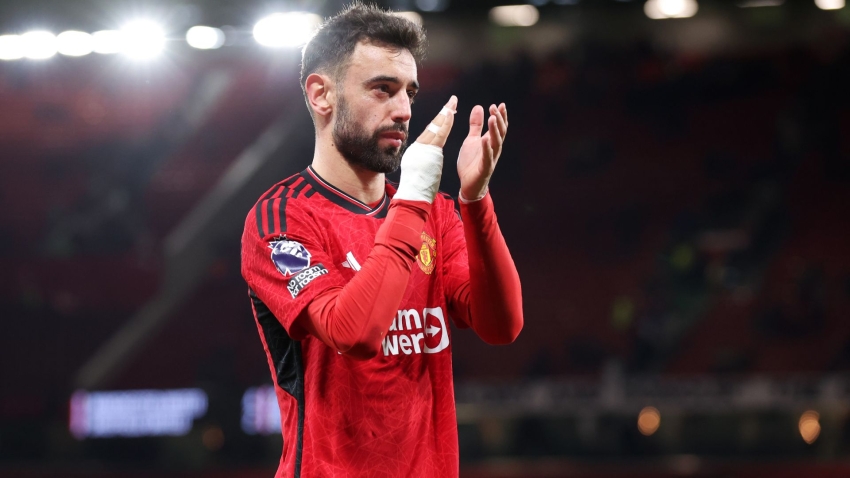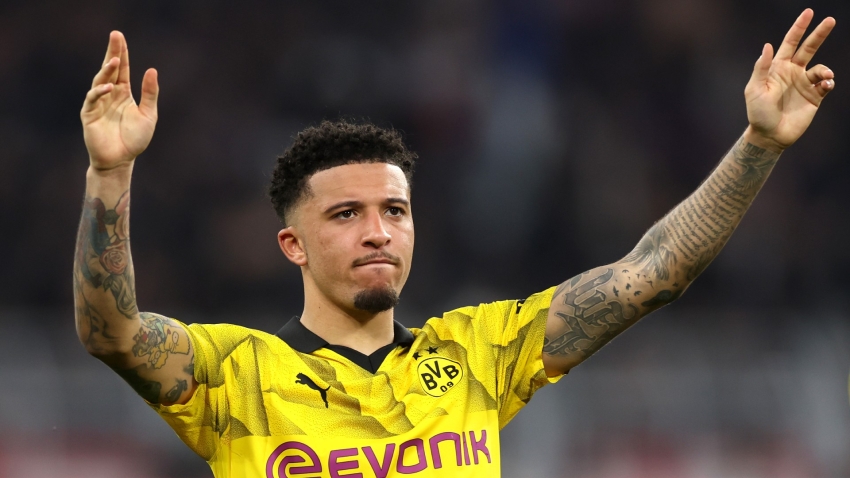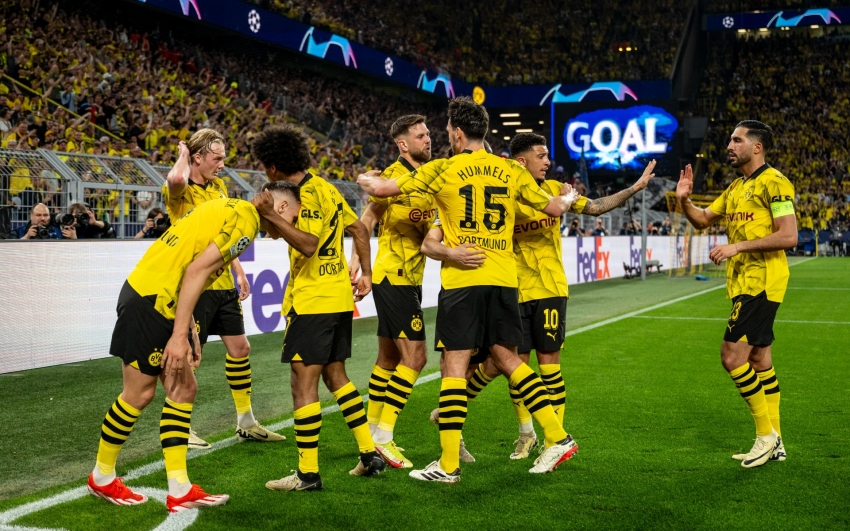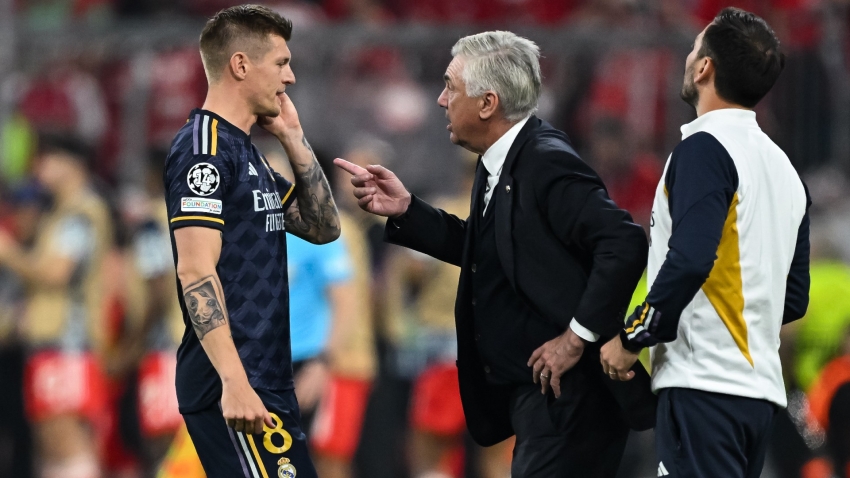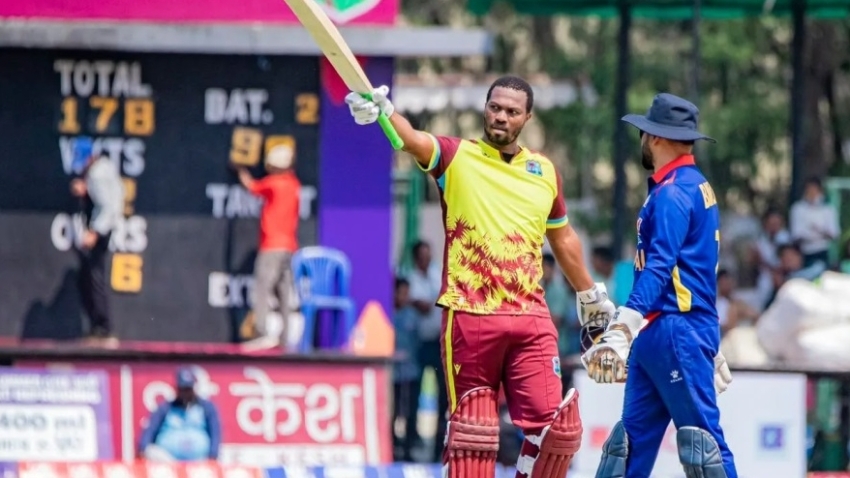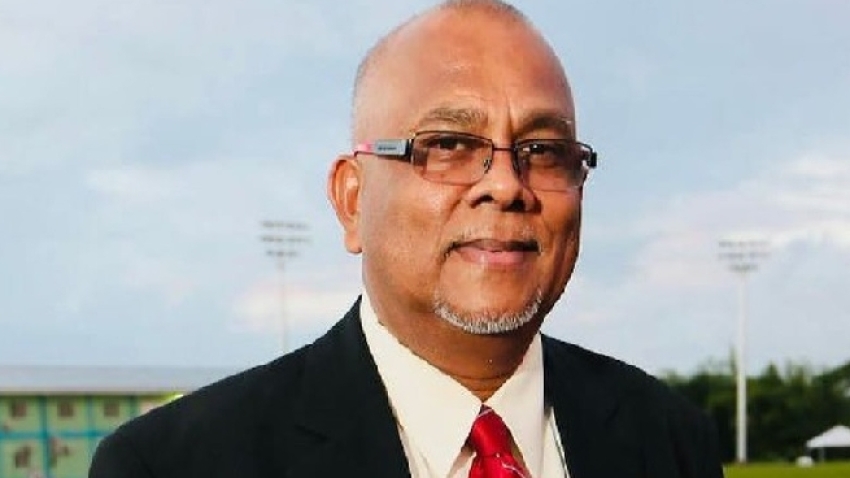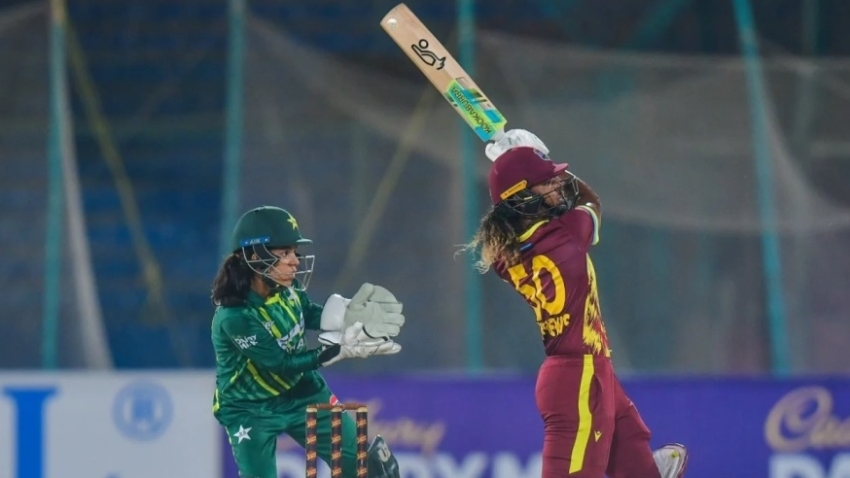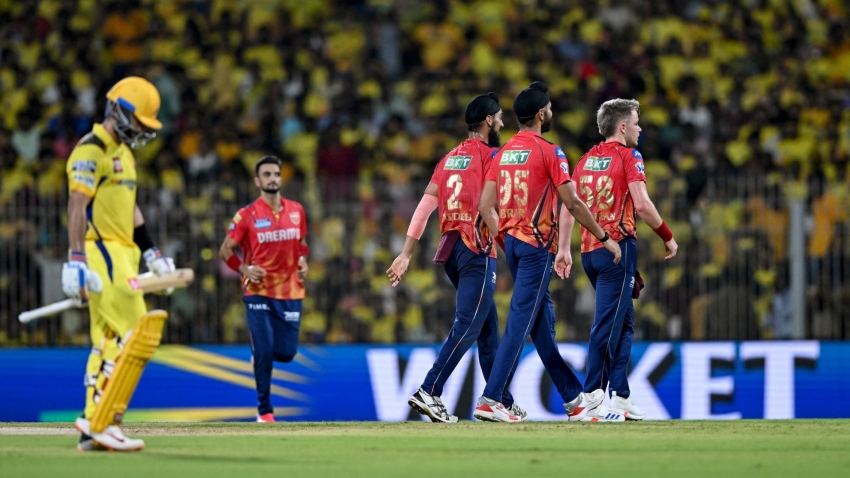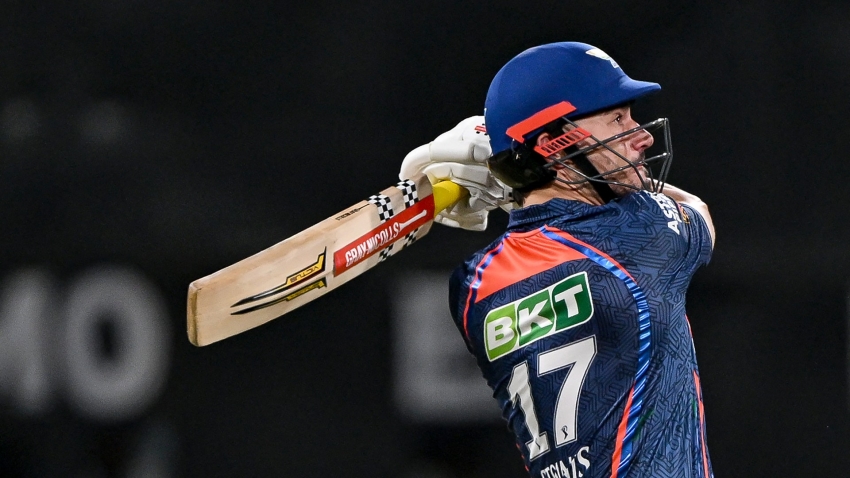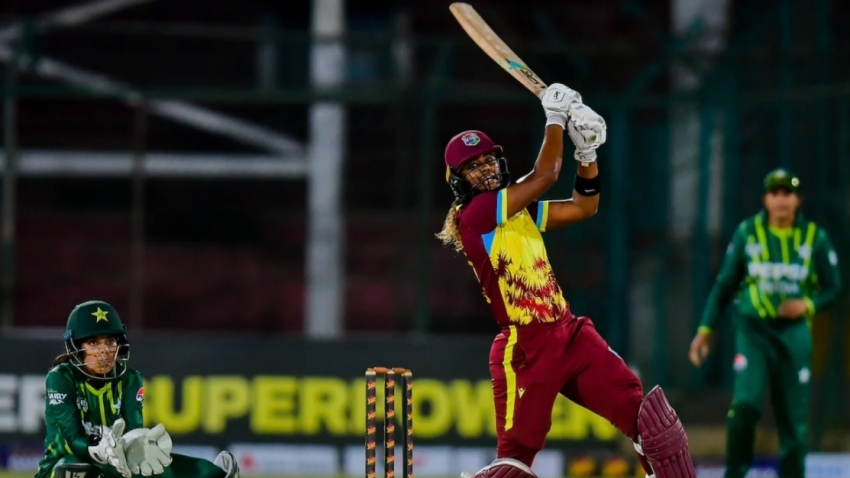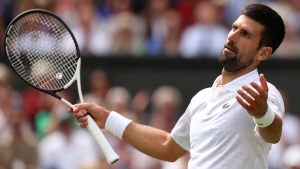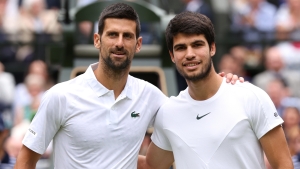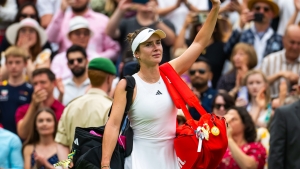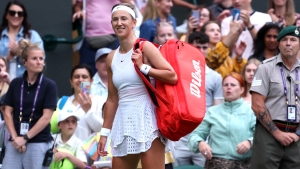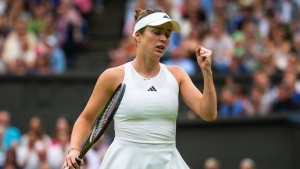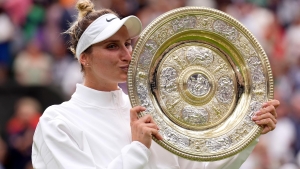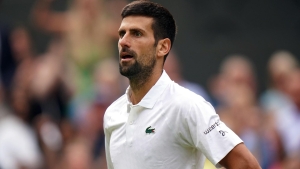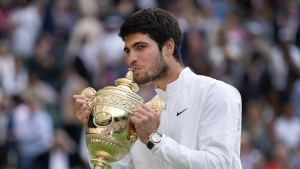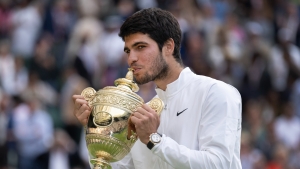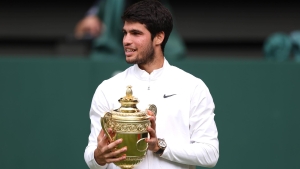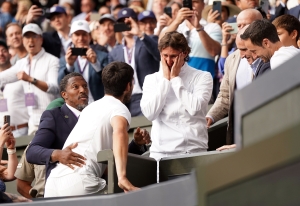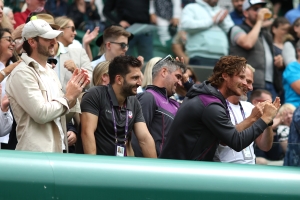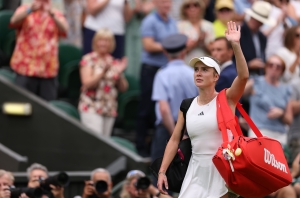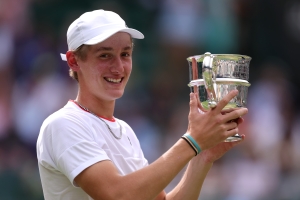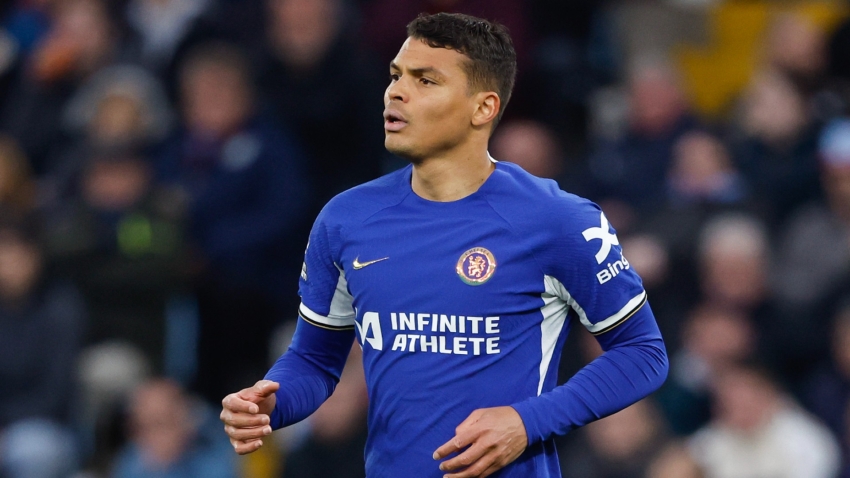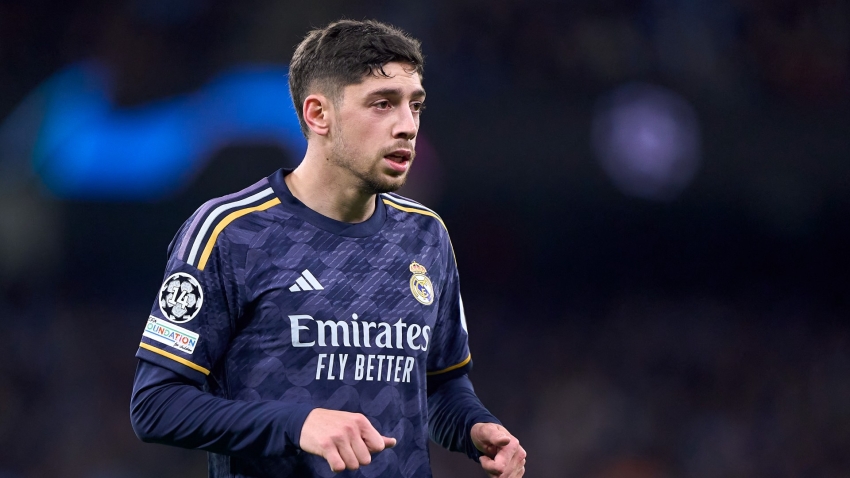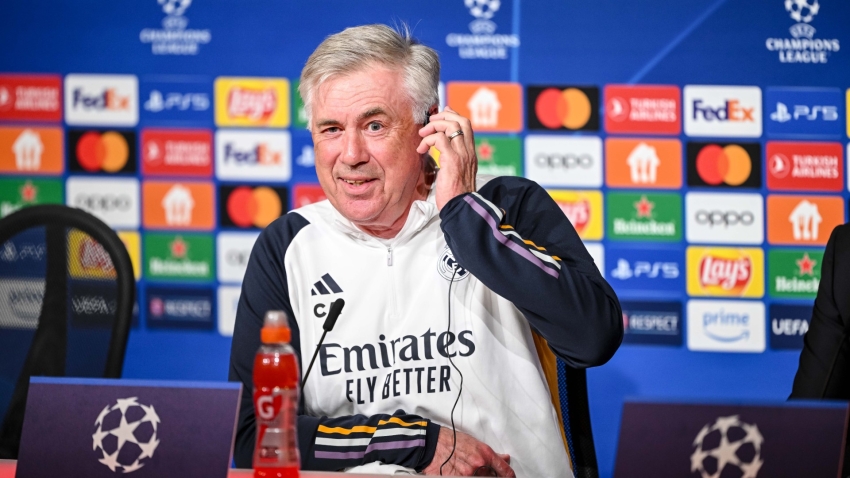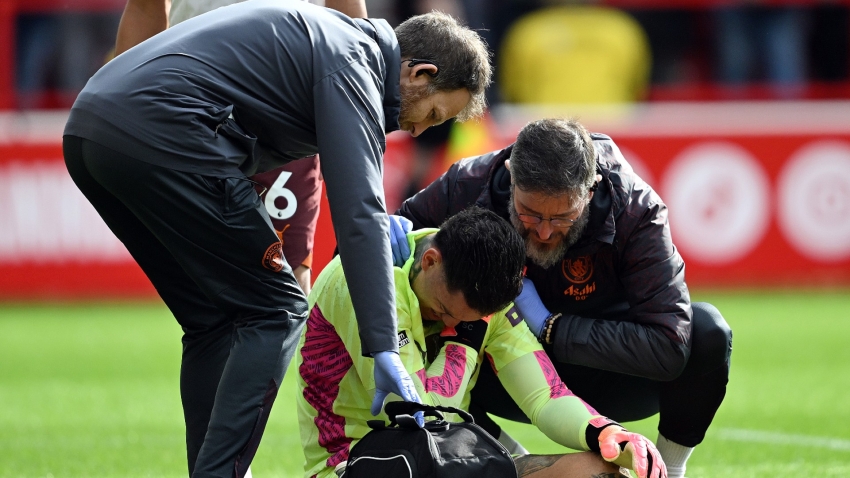Marketa Vondrousova must follow the example of Elena Rybakina to ensure her shock Wimbledon success results in becoming a top-10 regular, according to Marion Bartoli.
The 24-year-old became the first unseeded player to win the women's singles at Wimbledon with a shock straight sets victory over favourite Ons Jabeur in the final.
Vondrousova had previously reached the French Open final four years ago but had endured a tumultuous period since due to injuries and inconsistent form, while grass was seen as her weakest surface.
Her victory is the latest in a long line of shock major wins in the women's game, with Bianca Andreescu and Emma Raducanu among the others to cause upsets in recent years.
But the lack of a dominant group of players in women's grand slams is not a big concern to Bartoli, who made two Wimbledon finals in her career, winning once.
She has urged the crop of recent major winners, including Vondrousova, to take up the challenge of proving their successes were not flukes.
Bartoli cites the example of 2022 Wimbledon champion Rybakina, who is now ranked three in the world and reached the last eight this year before losing out to Jabeur, as one to follow.
"I don't see it as an issue – there is nothing you can do about it," Bartoli, who won Wimbledon in 2013, said to Stats Perform when asked about the recent trend in grand slams.
"I mean, you just can't say to a player, 'Oh, but why don't you win every single grand slam like Serena Williams?' All those [top-ranked] girls are trying their hardest when they're on the court, sometimes they're losing when they should have won, like Ons losing that final.
"But it's not like you can go and say to her 'Oh, yeah, but why don't you try harder?' She tried her heart out on the court and tried absolutely everything to win. It just didn't happen.
"You have new names, some newcomers are coming and winning, it was the same when Raducanu won her first grand slam, it was the same when Andreescu won.
"Now it's Marketa winning her first. It was slightly more of a shocker when Raducanu won because she came from the qualification. That was an even bigger story and then to become this £20million girl that gets all those contracts in the UK. She was into US Open qualifying and then three weeks later she was a mega superstar.
"Was tennis different back then when I was playing? Of course. Then you had 15 or 20 names who were coming back all the time.
"It was extremely difficult just to get yourself inside the top 20 or into the top 10 because you had Serena and Venus, Kim Clijsters and all the Russians, you just didn't have the space.
"But I like those news stories. I like those fairytale stories. I just hope that those girls can now stay there.
"For Marketa [I hope] that she can bring that level constantly so she can be a face in the top 10 and people can come back to Wimbledon next year and say ‘OK, I know her now, she's top five, she has done this, she has this result somewhere’, like Rybakina in some ways.
"Rybakina won last year but she came back this year and she was top three, so it's not like she was a fluke.
"So if those breakthrough girls can now say 'I'm still part of the conversation, I'm coming back and I'm top five or top 10' then we are in for a great WTA Tour."
Vondrousova is the sixth unseeded player to win a grand slam title in the last decade, after Jelena Ostapenko, Sloane Stephens, Iga Swiatek, Barbora Krejcikova and Raducanu.
Bartoli feels it will take a while for the magnitude of her win to sink in, particularly when it was so unexpected. Vondrousova had only won four matches on grass before the tournament.
She added: "It's difficult to actually soak it in that quickly – for me, it took several days, even several weeks to be able to really understand what I just achieved, especially when you win for the first time.
"For Novak [Djokovic] or Roger [Federer] or all those players who have won Wimbledon on multiple occasions, then it almost becomes normal for them. Of course there is the happiness of achieving winning another grand slam, but it's not as much as a big deal as when it's your first one or your first Wimbledon in the case of Carlos Alcaraz.
"Especially for Marketa Vondrousova, being unseeded, it was completely unexpected for her to have that sort of run and being the total outsider in the final and coming out, playing great tennis and winning in straight sets as well.
"At the beginning of the tournament, no one would have thought to put her into the top five or top 10 contenders to go and win the title, and it is even more of a surprise after all the injuries she suffered.
"But all credit to her. She had some really tough matches, when you really have to push yourself that much you absolutely deserve to win your first grand slam title."


